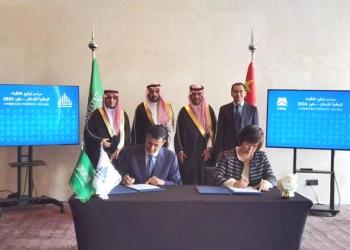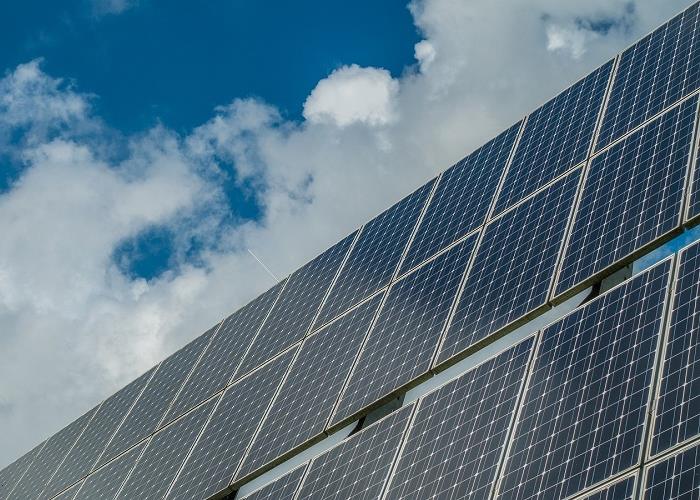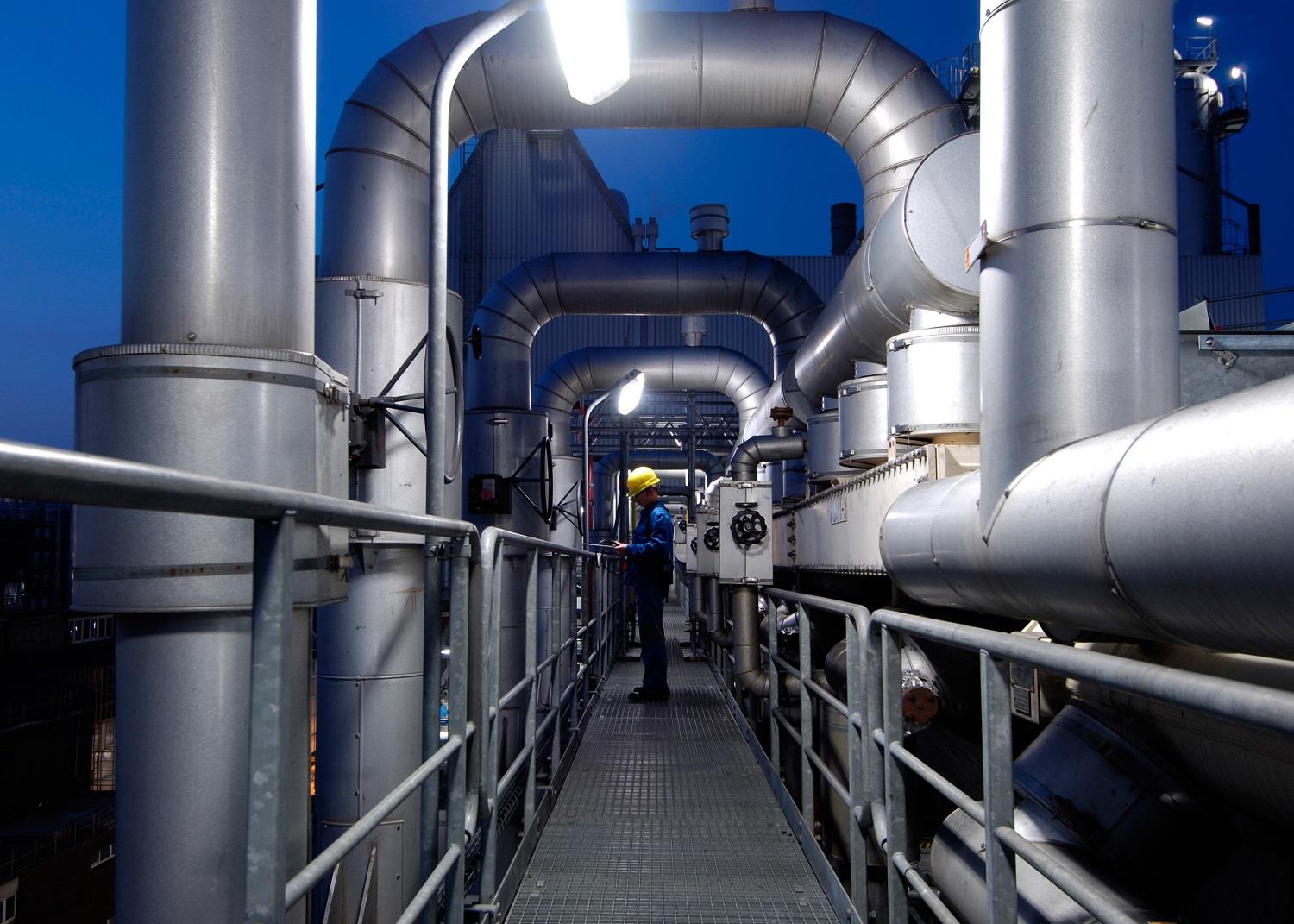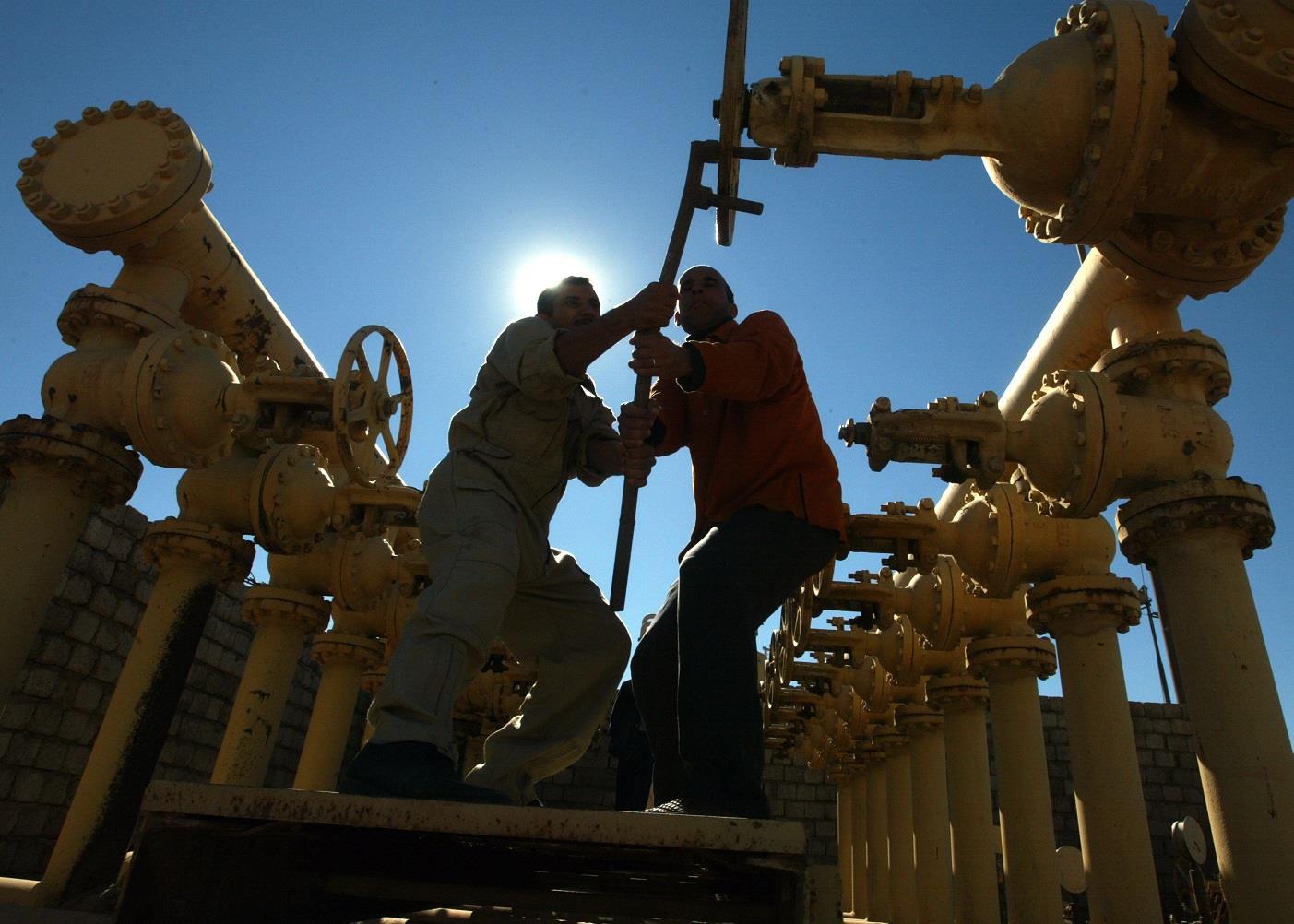
In an exclusive interview with MEED, the prime minister explains how the government is working towards a fundamental reform of the Egyptian economy and looking to engage the private sector
- Revitalising the economy, countering extremism and democratic reform Egypts most pressing issues
- Egypt requires 300,000 new housing units a year to help tackle shortages and slum dwellings
- The countrys economy is growing again
- Foreign direct investment is vital to Egypts future economic growth
What are the most pressing issues facing the Egyptian government today and how are they being addressed?
The most pressing issues today in Egypt are completing our transition to a modern, civil, democratic state, revitalising our economy and countering extremism in the region.
With the announcement of parliamentary elections to be held this year, Egypt will have finally completed its road map. This has been a difficult journey over the past few years, but the establishment of a new, elected parliament will allow the diverse sections of Egyptian society to decide their future together in a peaceful constitutional context, not through protests on the streets.
This institutional framework is essential for the government, as well as recognising the needs of underprivileged groups. Egypt will never thrive if it returns to a winner takes all system of democracy, rather than one where all elements of the constitution work in balance under the umbrella of a just legal system.
The elections reflect a wider transformation taking place across society as the government takes advantage of stability to embark on an ambitious economic reform programme designed to encourage broad-based growth and place Egypt firmly on the map as a preferred destination for global investment. A healthy policy can only thrive in an economy that meets the needs and expectations of all its citizens whatever their wealth.
The new parliament will have a vital role in approving the governments economic development plan, ratifying and adapting a raft of amendments to economic legislation, including new versions of the investment law, companies law and capital markets law. This parliamentary oversight is essential to ensure the economic reforms reflect the interests of all communities in Egyptian society.
Our political and economic reforms are the best way to ensure domestic stability, but we live in a turbulent region. The threat facing the region from Isis [Islamic State in Iraq and Syria] is significant. We remain in constant contact with regional and international allies in this regard. Isis is also operating in Egypts Sinai Peninsula and over our western border in Libya. The central goal of these jihadists is to topple governments and spread chaos across the Middle East and North Africa. Egypt is one of the few countries where these groups have not made gains. This is why our government will fight alongside the Egyptian people every day to ensure they are kept safe.
Engaging the support of the private sector is vital for the medium-term economic plan to work. What assurances can you offer investors that Egypt is a good place to invest?
Investors look at both a governments track record and its future plans when judging the attractiveness of a destination. Real growth is in the black after posting negative rates in the past few years since the revolution, while wasteful energy subsidies have already been reformed.
Our progress in stabilising the economy has already been recognised by the IMF, international ratings agencies and HSBCs Purchasing Managers Index.
You spent many years working in the construction industry. What role do you see construction megaprojects playing in Egypts economic revival? Which are the most important projects?
This government recognises the need to promote investment in Egypt as we look to expand major public projects - which help create both jobs and prosperity - and honour our commitment to reducing poverty rates to less than 20 per cent and cutting the budget deficit to less than 9 per cent within five years. This government has already committed to providing $50bn to major public projects through public funds, with a further $336bn of projects to be funded by the private sector.
But the government alone cannot carry the full burden of investment, and there is a key role - and returns to be made - for both the domestic and international private sector.
While all our megaprojects will contribute to economic development, the expansion of the Suez Canal and the accompanying industrial zone is undoubtedly the jewel in the crown. In August last year, President Abdul Fattah al-Sisi gave the go-ahead for a huge expansion of the Suez Canal and accompanying logistics facilities, increasing its capacity and acting as a driving force for future lasting economic development along the whole canal zone.
The opening of the new parallel waterway will almost double the daily capacity of the canal, increasing annual revenues from $5bn to $13.5bn by 2023. The construction work alone will provide employment for 1 million people, helping to solve the chronic youth unemployment, which has underlain much of the unrest and instability of the past few years.
We intend for the second pillar of the expansion, the industrial and logistics hub, to be largely driven by the private sector. We anticipate that this will cost $220bn over 15 years. About 70-75 per cent of that capital will come from the private sector: 40-50 per cent from banks, 15 per cent from the capital markets and the rest from private investors.
We intend to follow this broad funding model for our other megaprojects, building a new industrial city at El-Alamain and the rejuvenation of the Golden Triangle between Qena and the Red Sea.
It is estimated a quarter of the Egyptian population lives below the poverty line, with many residing in informal housing. As a former housing minister, what do you see as the solution to the slum problem and how many years will it take to achieve it?
Currently, a considerable number of families cannot find the homes they need. Its not right that a fifth of Egyptians live in slums with poor basic services such as sanitation, electricity and water. The housing backlog is up to 3 million units. Egypt requires about 300,000 new housing units a year to house newly formed households, plus an additional 254,000 units to gradually deal with the backlog of housing over five years. However, total formal housing production in the country has not exceeded 200,000 units a year.
We have established a housing assistance programme to urgently address these needs. It rests on three pillars:
? The affordable mortgage programme (AMP) - This home-ownership programme provides demand-side subsidies to complement a maximum affordable mortgage loan and a minimum 10 per cent downpayment for the purchase of a new or existing house. It serves households with incomes between £E1,200 and £E2,500 a month, reaching from below the 20th income distribution percentile to the 60th percentile, with the median at just above the 20th percentile of the income distribution. The average subsidy is in the order of £E20,000 per household. To date a total of 12,600 loans have been issued. We anticipate an additional 37,000 applicants will receive loans before May.
? The public rental subsidy programme - this will urgently provide housing for households with incomes below £E1,500 a month. Units are fully paid by the government so that rents only need to cover maintenance and management.
? The private rental subsidy programme - incentive schemes will be offered to private rental investors that would commit themselves to rent out their units to households with moderate incomes (in the range of £E900-£E2,500) for a given period of time.
How does the government intend to reduce unemployment to single-digit figures as targeted in the economic plan?
Unemployment can only be addressed by fundamental reform of the entire economy to ensure the talent of all the Egyptian people is unlocked. This is both an economic and a moral imperative. The megaprojects I mentioned before are labour-intensive and will help reduce unemployment in the short term while broad-based growth continues to take hold.
Do you worry that reducing the size of the informal sector and increasing taxation as envisaged in the economic plan may in fact worsen unemployment and increase poverty and social unrest in the short term?
Egypt must address the structural problems that have inhibited economic growth in the past. It will take collective solutions, tough political decisions and shared sacrifice from all Egyptians to build the 21st-century economy necessary to achieve common prosperity. To truly grow Egypts economy, difficult decisions must be made to modernise, reform and streamline our economic system.
This may cause short-term pain, but this government is determined this should not hurt the poorest in society - for example, we deliberately changed the fuel ration card system to ensure under-privileged economic groups were not disadvantaged by the long-overdue reform of the fuel subsidy system.
These efforts are just one necessary piece of our key domestic priority - to expand prosperity to all Egyptians and ensure a fair, just and equitable economy. Collectively, these measures will reduce the budget deficit and, most importantly, increase growth that will benefit all through more jobs, more opportunities and a more vibrant Egyptian economy. We also have already pledged that these new revenue streams and savings will go to increased funding for health, education and wages.
All of these decisive actions have already been praised by the international economic community, as reflected in [Februarys] Article IV IMF report.
Insecurity and the threat of terrorism continue to be a challenge for Egypt. What steps are being taken to address this?
All state agencies are turning their full attention and working to confront the security challenges, the recent terrorist attacks and the horrific murder of our citizens working in Libya. We have taken robust military action, and continue to work with our friends and allies in the region to tackle this menace.
What outcomes are you hoping for from the Egypt Economic Development Conference?
The Egypt Economic Development Conference (EEDC), which will be held in Sharm el-Sheikh on 13-15 March, will encourage overseas investment, which is vital to not only support the Egyptian economy through the next few years, but to lay the foundations for longer-term economic strength. The EEDC, which will welcome thousands of delegates and speakers from across the worlds of business and politics, will take the economic momentum already achieved and further accelerate it by injecting additional investment.
The conference will articulate the governments vision for Egypt, explain the reform programme and showcase investment opportunities to international investors. It will also serve as a forum for discussions between international business leaders and Egyptian governmental and private sector leaders on specific investment initiatives across a broad range of sectors as varied as mining, housing, agriculture, tourism, industry, transport and information and communications technology.
Career highlights
- Appointed prime minister of Egypt in March 2014
- Served as housing minister in previous cabinet
- Appointed member of Upper House of Parliament in 2010
- Joined Hosni Mubaraks National Democratic Partys Higher Council for Policies
- Appointed chairman, CEO and president of Arab Contractors Company in 2001
- Joined the local Arab Contractors Company in 1972
- Graduated from College des Freres in Cairo and holds a bachelors degree in civil engineering from Cairo University
On 1 March, after the interview was conducted, Egypts election committee announced parliamentary elections planned for 21 March would be delayed following a challenge by the Supreme Constitutional Court. Egypt has been without an elected parliament since June 2012.
You might also like...

UAE firm breaks ground on Kezad food facility
17 May 2024

Chinese firm signs National Housing Company deal
17 May 2024

Two bid for 90-100MW Bahrain solar contract
17 May 2024
A MEED Subscription...
Subscribe or upgrade your current MEED.com package to support your strategic planning with the MENA region’s best source of business information. Proceed to our online shop below to find out more about the features in each package.









